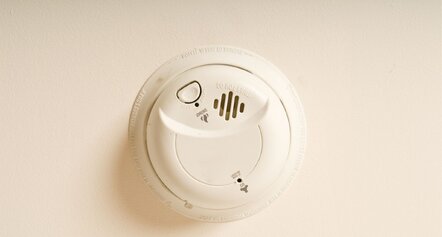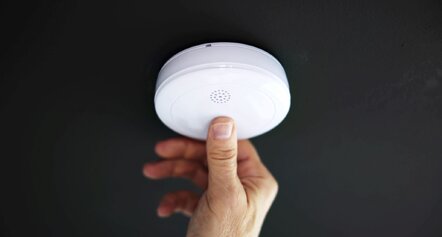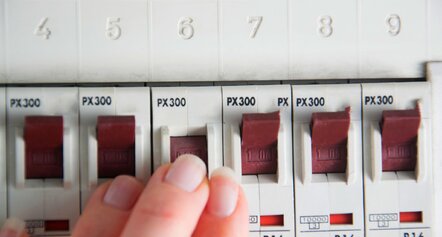Smoke alarms save lives, and Queensland has some of the strictest regulations to ensure rental properties meet high safety standards. If you’re a landlord or property manager, it’s crucial to comply with Queensland’s smoke alarm laws to protect tenants and avoid hefty fines or legal complications.
This guide breaks down the key requirements, installation rules, and maintenance obligations for landlords in Queensland.
Queensland Smoke Alarm Legislation
Queensland’s smoke alarm laws are based on the Building Code, Fire Services Act 1990, and Australian Standard 3786:2014. These regulations aim to provide early warnings and reduce the risk of fire-related fatalities in homes.
As of 1 January 2022, all rental properties must comply with updated safety standards. By 1 January 2027, all owner-occupied properties must also meet these requirements.
Mandatory Smoke Alarm Requirements for Landlords
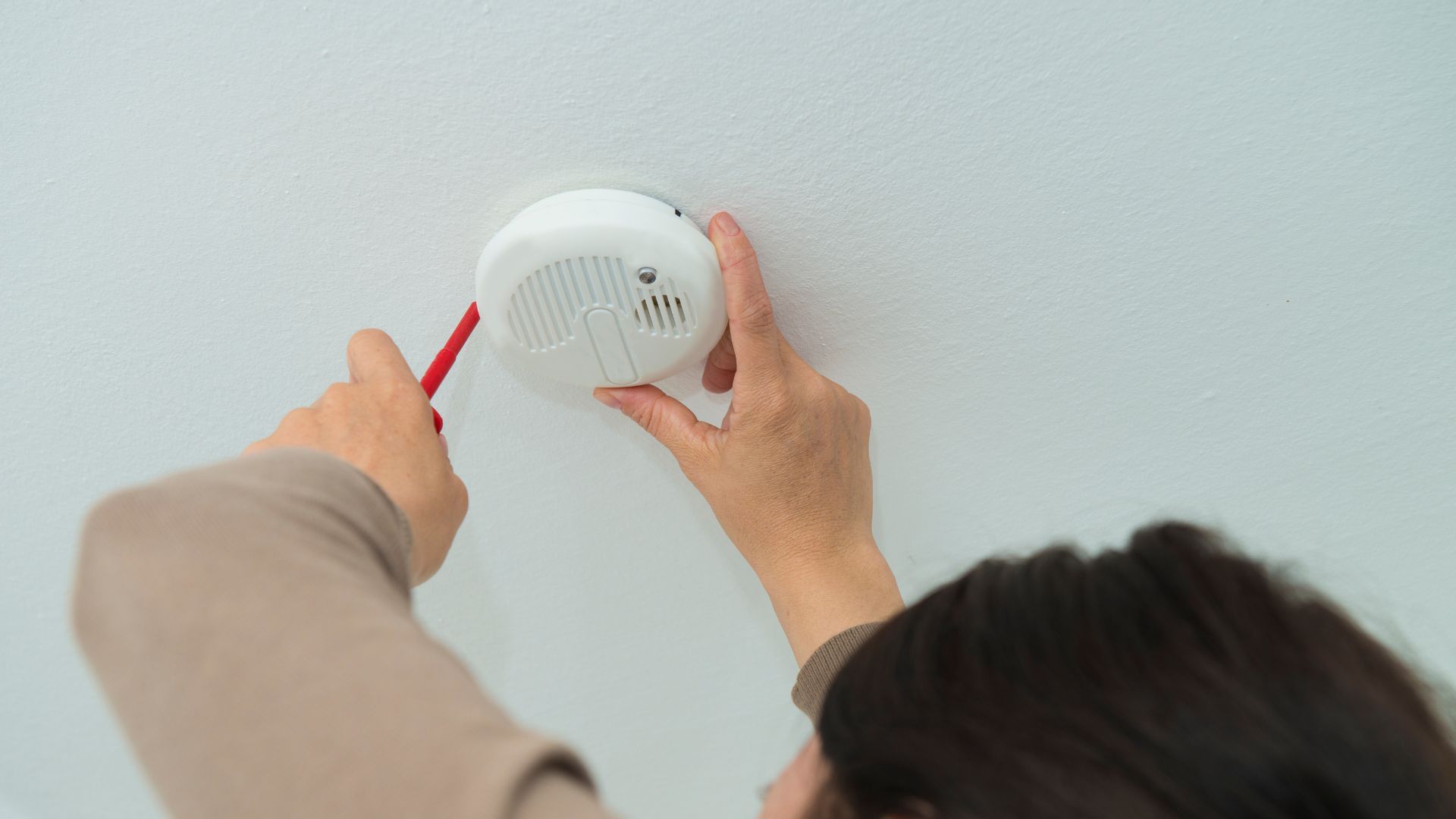
1. Approved Alarm Type
- Only photoelectric smoke alarms are permitted.
- Ionisation alarms are not compliant.
2. Power Source
Smoke alarms must be:
- Hardwired (240V) OR
- Powered by a non-removable 10-year lithium battery.
3. Installation Requirements
Smoke alarms must be installed in:
- Every bedroom.
- Hallways that connect bedrooms to other parts of the home.
- The most likely exit route if there are bedrooms on a storey without hallways.
- At least one smoke alarm on every level of the property.
- Interconnected alarms are mandatory—if one goes off, they all sound.
4. Placement Rules
- Must be at least 300mm from light fittings.
- At least 400mm from air conditioning vents and ceiling fans.
- Positioned away from corners and installed per the manufacturer’s guidelines.
Smoke Alarm Compliance & Maintenance
Pre-Tenancy Requirements
Before a new lease begins, landlords must:
- Test and clean each smoke alarm within 30 days before a new tenancy.
- Ensure alarms function correctly when tested.
- Replace any expired alarms to keep them in working order.
Tenant Responsibilities
Tenants must report any faults, but the landlord or property manager remains ultimately responsible for maintenance and compliance.
Ongoing Maintenance Requirements
- Annual testing is required to ensure alarms are functional.
- Alarms must be checked for flat batteries or faults.
- Smoke alarms should be replaced before expiry to maintain compliance.
Penalties for Non-Compliance
Failing to meet smoke alarm laws can result in:
- Fines or legal action.
- A 0.15% reduction in property sale price if selling a non-compliant home.
- Potential insurance complications due to non-compliance.
Key Takeaways for Landlords and Property Managers
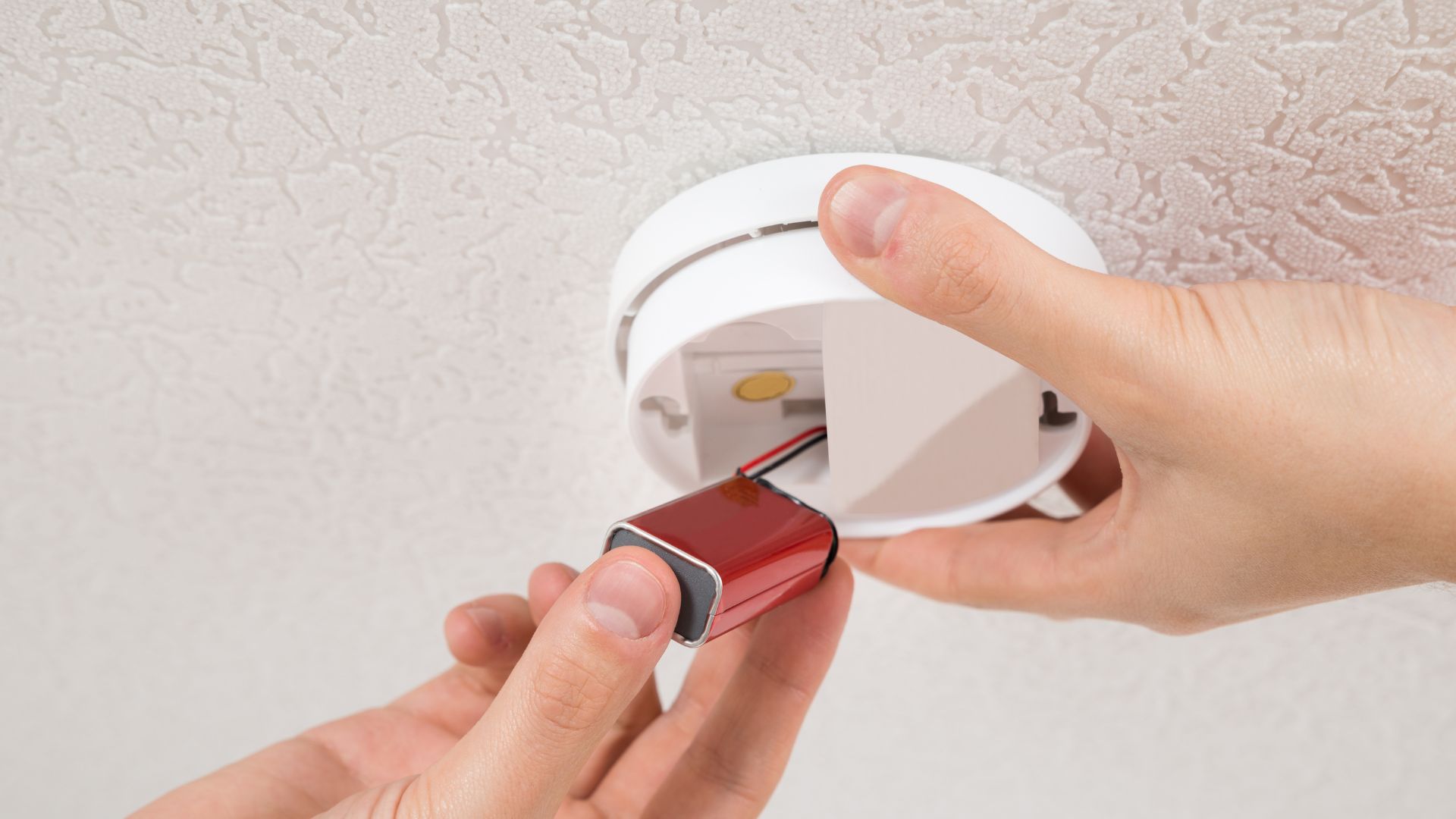
- Smoke alarms must meet QLD legislation.
- Interconnected photoelectric smoke alarms are mandatory.
- Alarms must be installed in all bedrooms and key areas.
- Regular maintenance ensures compliance and safety.
- Failing to comply can lead to fines, legal issues, or insurance risks.
Stay Compliant and Protect Your Property
Keeping your rental property compliant isn’t just about avoiding penalties—it’s about ensuring tenant safety. Properly installed and maintained smoke alarms save lives and provide peace of mind.
At Watt Edge Electrical, we specialise in smoke alarm installation, testing, and maintenance for Queensland rental properties. Our licensed electricians ensure your property meets QLD’s latest legislation, keeping you compliant and your tenants safe.
For expert smoke alarm services, contact us today!
Frequently Asked Questions
What is the new legislation for smoke alarms in QLD?
The new smoke alarm legislation requires compliant smoke alarms to be photoelectric and interconnected so that all alarms sound when one alarm is triggered. Property owners must install smoke alarms in every bedroom, hallways that connect bedrooms to the rest of the house, and at least one per level.
Smoke alarms must be hardwired or powered by a non-removable 10-year lithium battery and must not contain an ionisation sensor.
What are the rules around smoke alarms in a rented property, and who provides them?
Under QLD smoke alarm legislation, landlords are responsible for installing working smoke alarms that meet safety requirements before a tenancy begins. They must also test and clean the alarms within 30 days before a new lease. Tenants are responsible for notifying the landlord or property manager if other smoke alarms malfunction, but landlords must handle smoke alarm maintenance and replacements.
How often do smoke alarms need to be tested in a rental QLD?
Landlords must test and clean all working smoke alarms within 30 days before a tenancy starts. Ongoing smoke alarm maintenance includes annual testing to ensure alarms function correctly, replacing expired alarms, and ensuring they comply with safety requirements.
How many smoke detectors do you need in a house in QLD?
A house in QLD must have smoke alarms at least in:
- Every bedroom
- Hallways connecting bedrooms to other areas
- The most likely exit route if no hallway exists
- At least one smoke alarm per level
To ensure compliance, property owners should install smoke alarms that meet all legal requirements and maintain them properly.


